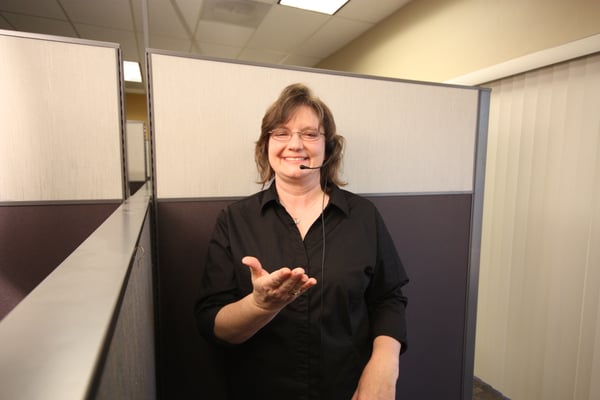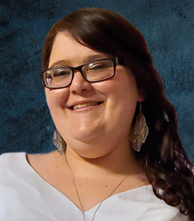
Members of the Deaf and Hard of Hearing (DHOH) community sometimes feel misunderstood or overlooked when receiving healthcare and other vital services. It’s crucial to provide appropriate accommodations and abide by federal protections—but we can’t stop there. Embracing differences, learning more about other cultures, and going beyond basic obligations is the first step toward a more inclusive future.
This introduction to the DHOH community’s culture, rights, and pertinent laws can help you better understand how to interact with and protect members of this vibrant community.
Who is in the DHOH community?
Approximately one million people in the US are functionally deaf, and nearly 10 million people are hard of hearing. When people think of the DHOH, most think of profoundly deaf individuals, perhaps born deaf or became deaf due to a childhood illness. However, the community is diverse, with variations in the causes and degrees of hearing loss. A deaf person may have mild to profound hearing loss due to a range of possible causes, from repeated exposure to loud noises and disease, to aging and heredity causes.
That said, most Deaf and Hard of Hearing do not see themselves as impaired. Two politically correct terms often heard are “hearing-impaired” or “having a hearing loss,” but these are actually considered offensive to the Deaf. It establishes the standard as “hearing” and anything different as “impaired” or substandard. Additionally, many born deaf or HOH do not think of themselves as having lost their hearing.
Unacceptable labels
In addition to the term “hearing-impaired,” there are other terms the Deaf and HOH community have declared unacceptable and offensive. “Deaf and dumb” is one offensive term that was first used by the Greek Philosopher Aristotle because he incorrectly thought that deaf people were incapable of learning, reasoned thinking, or being taught.
Another offensive term that originated in the 18th century, “deaf-mute,” is technically inaccurate and means silent or without voice. Deaf and HOH individuals use various methods of communication other than or in addition to using their voices, so they are not truly mute.
Acceptable labels
Most in the Deaf and Hard of Hearing Community would prefer the terms: deaf, Deaf, and Hard of Hearing. The DHOH community does not consider Deaf a bad word.
Use lowercase deaf when referring to the condition, and uppercase Deaf when referring to the culture or the people as a whole, as you would for the speakers of a shared language (French), a people with a shared history or belief system (Jewish), or a people of shared culture or geographical location (American).
You would refer to someone as Hard of Hearing (HOH) if that person has a mild to moderate hearing loss. These HOH people can sometimes find themselves walking that fine line between the hearing and the Deaf world, while some can comfortably see themselves as a member of both.
Laws protecting healthcare communication
Like limited-English proficient people, the DHOH community is protected by laws that ensure effective healthcare communication. The Americans with Disability Act and Rehabilitation Act of 1973 require hospitals to provide a qualified ASL interpreter for Deaf or Hard of Hearing patients.
When a qualified interpreter is not used for medical interpreting, both the patient and the hospital are at risk. Miscommunication can lead to patient health and safety mistakes, which may result in serious harm to patients and lawsuits.
How do you know your ASL interpreter is qualified?
There are several certifications ASL interpreters should have in addition to medical interpreting experience:
- A RID (Registry of Interpreters for the Deaf ) national certification or BEI certification.
- A state license (If required). For example, the Arizona Commission for the Deaf and Hard of Hearing license is required to interpret in Arizona.
Need help connecting with ASL interpreters?
With CyraCom, you can access ASL interpreters via video interpretation. CyraCom’s ASL interpreters are compliant with the ADA and Section 504 of the Rehabilitation Act and maintain RID or BEI certification. We are committed to partnering with you and have developed language access resources specifically for the Deaf and Hard of Hearing communities you serve. Connect with us via email at getstarted@cyracom.com.










